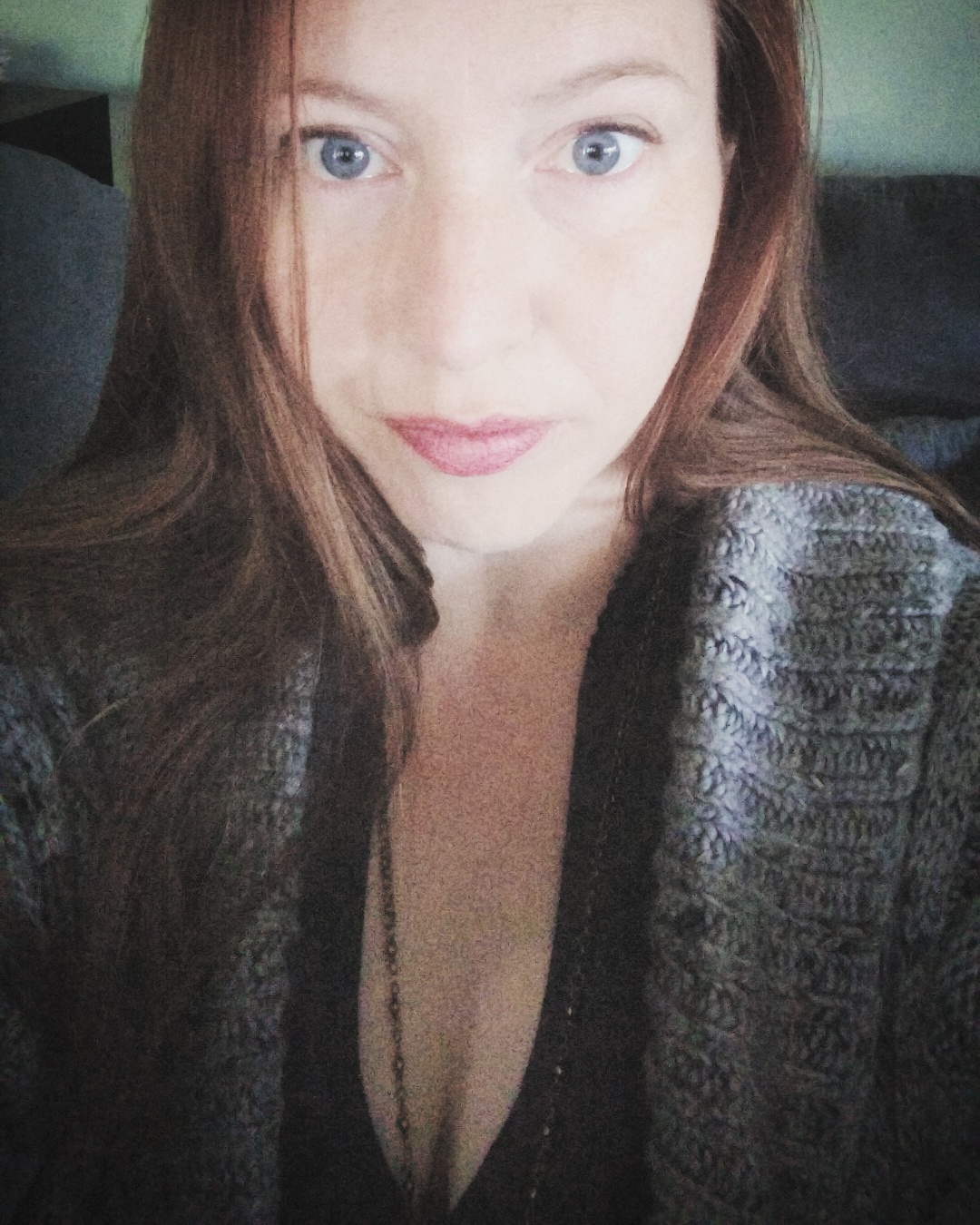ISSN: 1941-4137
POETRY THAT ENACTS THE ARTISTIC AND CREATIVE PURITY OF GLASS
POETRY THAT ENACTS THE ARTISTIC AND CREATIVE PURITY OF GLASS

Danèlle Lejeune is a wanderer, a beekeeper, a farmer, a mother who gave up on art for nearly twenty years until an alligator in the marshes off the coast of Georgia convinced her to write for her life or be eaten alive. Since then she has been published in Literary Mama, Red River Review, and Fifth Wednesday Journal. Forthcoming work in Whale Road Review, Riding Light Magazine, Nottingham Review, and Red Paint Hill Press. Her photos have appeared in Portland Review and Flyway Journal. She's been a poet in residence at Vermont Studio Center, attended Charles University in Prague, and is the assistant to the Director at Ossabaw Writer's Retreat (where the alligator lives …)
Previously in Glass: A Journal of Poetry:
Every Delicate Step
Crack of Kuu
"Kuu, breathe, and stand, daughter,"
said the moon with stars folded in her pocket.
I was formed on my mother's knee
from a broken bird egg.
And my eyes are jewel pins
holding her hat on when she dreams.
The stars are hanging on the branches,
ghosts of moss strands swaying hips.
The wishbone snaps and I get the wish,
the crack of bone, and I inhale
because the things I want are bigger
than the whole world, the fields and famine.
There's no music, just the owl in the tree
and the fat bottomed breeze and the moon.
The air maiden once called me on the hall phone.
She said, & #39;My mother killed me, and look."
"What does that mean?" I asked.
But the call cut off and the dial tone hung there.
I prefer apples and rainy nights and being alone.
The moon, she is never alone, but she loves me.
This poem about mothers and daughter unspools in the fairy tale cadences of the most cherished and familiar of stories. Into this earthen pot the poet adds with great care the exalted and ancient imagery of a goddess cult. Here the voice is both dreaming and deliberate; concerned with fertility, creativity, deep longing, and an unnamed but unquenchable hunger which we can easily guess at: the hunger of the artist working against time and mortality and other obstructions. The narrative harks back to an ancient time when the moon was no mere cold hunk of rock to be rudely trod on by men, but rather a real woman with a human's passions who is also gifted with the power of the divine. And yet, with the other hand, the poet keeps us firmly planted in the real and deceptively trivial present (jewel pins, a hat, a hall phone, a dial tone). So we see not just the expected archetypal figures of maiden, mother and crone, but superimposed upon them a contemporary woman with dreams of great accomplishments, who has within her mortal grasp smaller triumphs. But she still (understandably) wants MORE. And that wish feels eternally thwarted, at times, by the smallest of obstacles: a crank phone call from a spirit of the air, the sometimes-sharp prick of maternal love; the recollection of birth, a new existence. One initially as fragile as the shell of an egg, that over time has hardened and grown into a different kind of protective shell: the true determination of the artist. This solitary creator, like the Moon, prefers the real, the natural, a crisp bite of apple on the tongue, the solitary thrill of toiling at making art. And what's more, accepts that it's ordained to be this way. The poem wraps up firmly with a dependable truth: "The moon, she is never alone, but she loves me." In the end we are cradled in the knowledge that love still reaches us from afar. That it needn't be in the room to lift and cradle us to its breast.
— Lenore Hart
Glass: A Journal of Poetry is published monthly by Glass Poetry Press.
All contents © the author.
All contents © the author.





